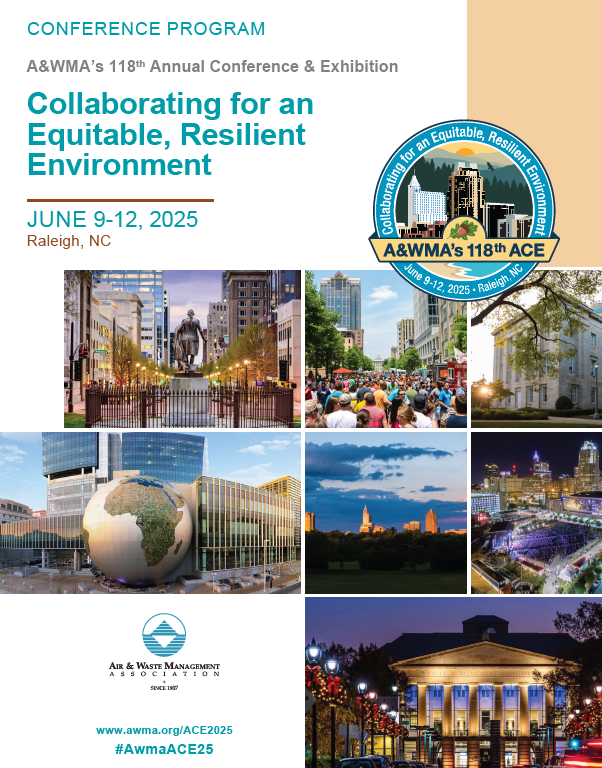ACE 2025
SUST
Sustainability Metrics and Analytics
Sustainability Assessments of Waste Management Strategies
Wednesday, June 11, 2025
4:30pm – 4:50pm ET
Location: 302C
.jpg)
Christopher L. Campbell, MS, ENV SP
Environmental Scientist
CDM Smith, TX
Author(s)
Abstract Description: Solid waste entities are increasingly focused on identifying, measuring, and evaluating the sustainability impacts of their waste management activities, such as landfilling, waste-to-energy, and recycling, through sustainability impact studies. The selection of waste management strategies should extend beyond financial cost comparisons to address sustainability impacts that are critical to a community. While climate change and human health impacts are often primary drivers, these can vary based on community-specific objectives.
Understanding the impacts of waste management strategies on People, Planet, and Profit offers a more comprehensive approach to decision-making, providing long-term benefits. This presentation will guide the audience through the selection of criteria, development of methodologies, and performance assessment based on a recent case study comparing landfills and waste-to-energy facilities. By examining these case studies, attendees will gain insights into the practical application of sustainability metrics and the challenges faced in real-world scenarios.
Additionally, the presentation will delve into the complexities of sustainability issues in waste management and the importance of stakeholder engagement in the decision-making process. Lessons learned from these case studies will be shared, highlighting the importance of integrating sustainability considerations into waste management practices to achieve more sustainable outcomes. Ultimately, this presentation aims to reinforce the critical role of sustainability in waste management decisions and provide actionable insights for practitioners and policymakers.
Understanding the impacts of waste management strategies on People, Planet, and Profit offers a more comprehensive approach to decision-making, providing long-term benefits. This presentation will guide the audience through the selection of criteria, development of methodologies, and performance assessment based on a recent case study comparing landfills and waste-to-energy facilities. By examining these case studies, attendees will gain insights into the practical application of sustainability metrics and the challenges faced in real-world scenarios.
Additionally, the presentation will delve into the complexities of sustainability issues in waste management and the importance of stakeholder engagement in the decision-making process. Lessons learned from these case studies will be shared, highlighting the importance of integrating sustainability considerations into waste management practices to achieve more sustainable outcomes. Ultimately, this presentation aims to reinforce the critical role of sustainability in waste management decisions and provide actionable insights for practitioners and policymakers.

